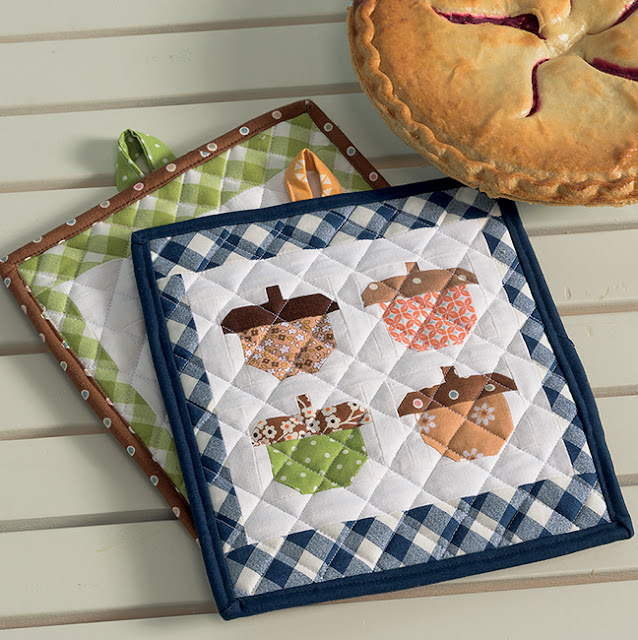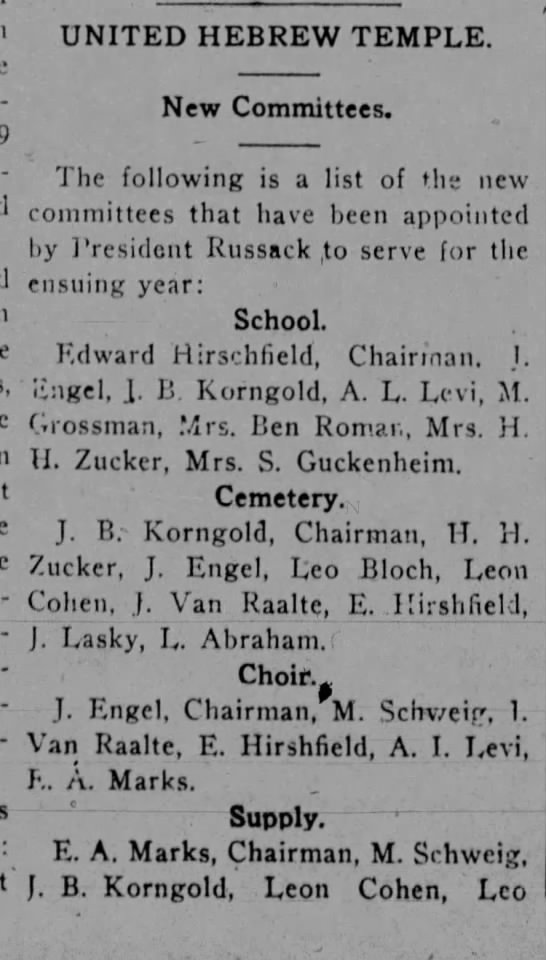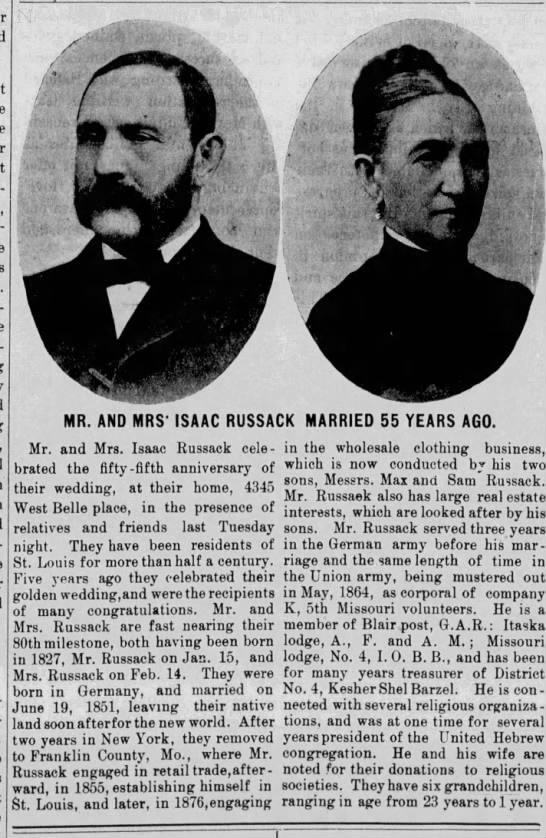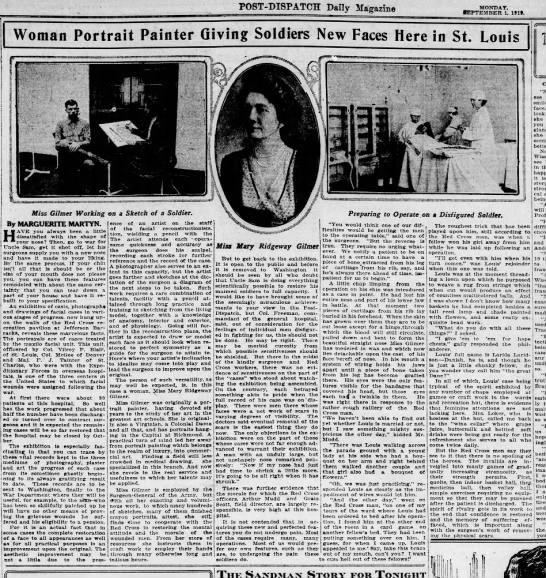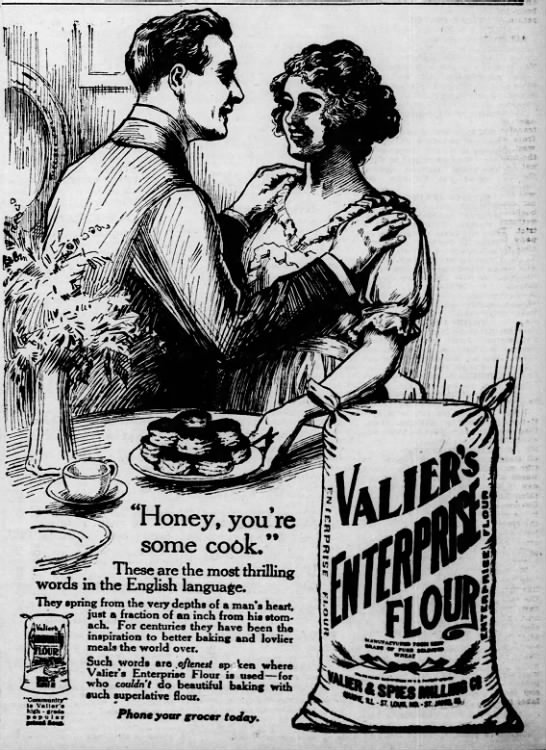The Goldfinch by Donna Tartt won the 2014 Pulitzer Prize in Fiction. The publisher, Little, Brown, created a #Readalong leading up the movie release of the novel. I got on the bandwagon, seeing a chance to knock off one more book from my growing TBR shelf.
At first, I kept to the suggested reading schedule. But there came a point when I had to plow on! I was super invested in the character of Theo Decker.
The novel begins with thirteen-year-old Theo and his mother at the New York City art museum to see the 16th c Dutch painting of a Goldfinch. A terrorist bomb explodes leaving Theo alone with a dying man and the vision of the girl who was with him. The man tells him to get the painting and gives him his signet ring before he becomes unconscious.
From this time forward, for Theo "life is catastrophe." He struggles with the change from being a kid who was loved to a kid who is ignored and uncared for. He finds a soul mate friend equally crushed by life and they spiral into the escapism of drugs and alcohol. When he is taken in by a kind mentor who gives him a trade and a job he commits fraud to pay the bills. He is in love with the girl from the museum who knows being together would reinforce their PTSD and sadness. And the guilt of secreting the painting away into hiding, the fear of imprisonment, hangs over Theo.
The very painting image is symbolic in the many ways Theo is shackled.
The book is long. As a deep psychological study, there is a lot of internal stuff going on, right to the ending and the long speeches about Big Things. But I love this stuff. It's like a Russian novel with Dickensian characters set with 21st c. problems.
At one point I stopped, crying burning tears. I had read,
And--maybe it's ridiculous to go on in this vein, although it doesn't matter since no one's going to see this--but does it make any sense at all to know that it ends badly for all of us, even the happiest of us, and that despite all this, as cruelly as the game is stacked, that it's possible to play it with a kind of joy?
I thought of my mother. The Jitterbug Queen of the WWII Sheridan Park housing project, the outgoing girl who tripped Dad to get his attention on the bus. Mom who loved a party. Who sang snippets of songs--"One Meatball!", "Boogy Woogy Bugle Boy," "Mares eat oats and does eat oats and little lambs eat ivy." She literally would give you the pin off her sweater--and the sweater if you admired it too.
Mom who felt God has abandoned her, the good girl, when she developed psoriasis at sixteen, was crippled in her neck at twenty-one, whose hands at fifty were like closed claws. Mom who tried every treatment from mercury cream to cortisone to light therapy to Methotrexate to alleviate her symptoms and decrease the skin lesions that covered 90% of her body. Her life was a catastrophe of pain and she was not chagrined to die of cancer at age 58.
And yet--and yet--Mom did play it with a kind of joy. She lost herself for hours in oil painting. She formed a weekly card group. Mom loved to read until the early morning hours, her interests ranging from British kings and queens to thrillers and horror. As a teen, I picked up her paperbacks and read them, diverse books including
Avalon by Anya Seton,
The Fixer by Bernard Malamud, and
Division Street by Studs Terkel.
Theo's friend Boris excitedly exclaims that he has learned that one can do all of the wrong things and yet still life can turn things out right. His mentor Hobie forgives him his sins as he knows he also has sinned. Theo has a conversion, a Damascus moment, and makes restitution to those he has wronged.
Theo knows life sucks but he gets his happy ending, a good enough life. An appreciation for beauty, doing the right thing, accepting we are all flawed and weak and capable of even murder and yet---and yet--there is art and there is joy to be found.














